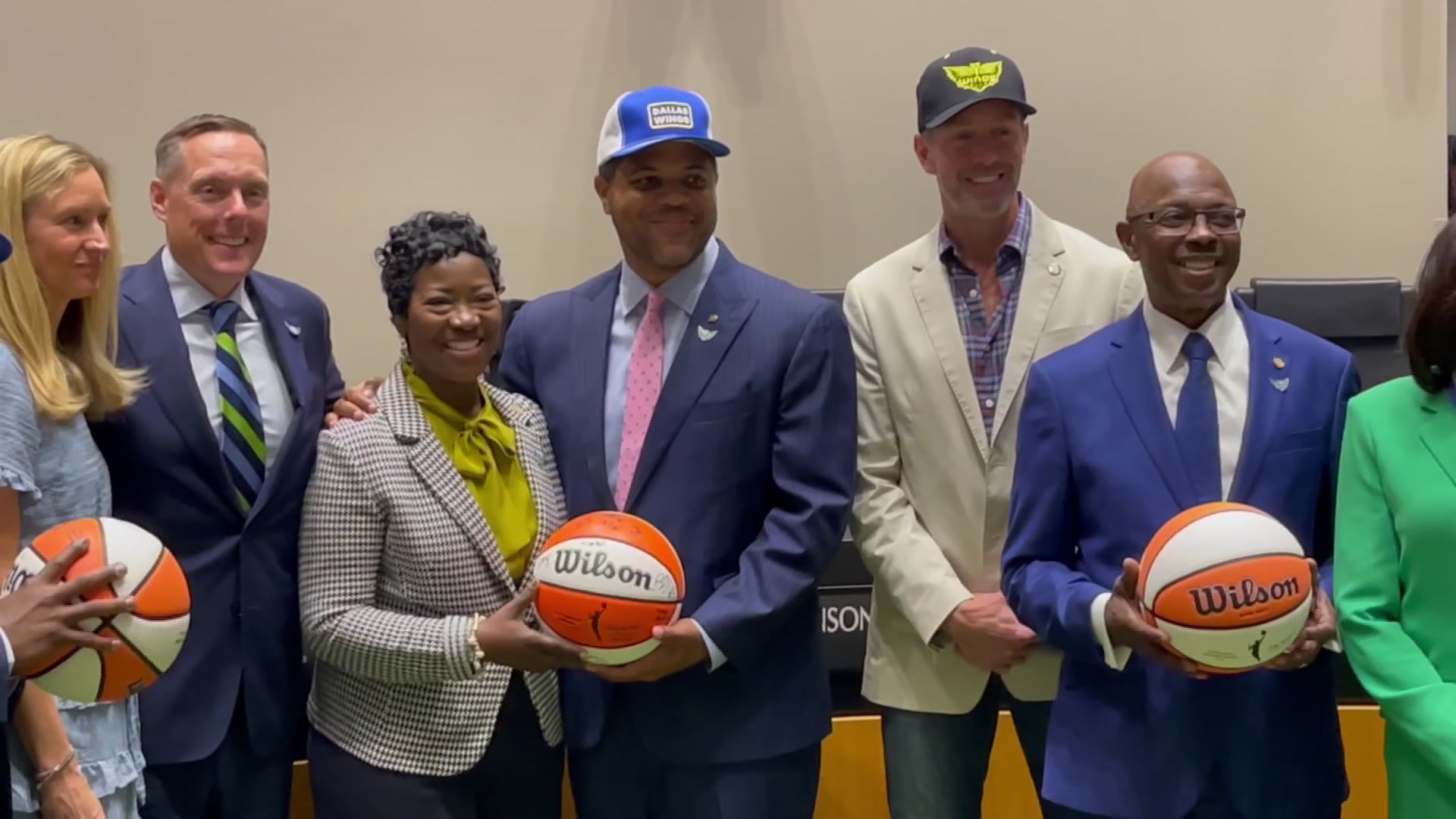Halloween is that time of year where local doctors get lots of questions from parents, as they worry about their kids eating way too much candy after trick-or-treating.
Data has shown the average kid consumes three cups of sugar on Halloween. That’s like eating 220 sugar packets.
Dr. Sarah Barlow, a pediatric gastroenterologist at Children's Health and a professor of pediatrics at UT Southwestern Medical Center said she usually sees lots of children who get sick from too much candy around this time of year.
“Parents have a lot of reasons for wanting to make sure that there’s the right balance in Halloween. We want kids to have a really fun Halloween,” she said. “But the candy issue is a little bit challenging. Some children do get some stomach aches if they’re eating a whole lot of candy. They feel bloated and crampy. We also hear about that sugar rush that kids get where they’re sort of off the walls for a little while. And then drop down and get really cranky.”
Get DFW local news, weather forecasts and entertainment stories to your inbox. Sign up for NBC DFW newsletters.
Candy is also not good for growing teeth.
But there are ways to manage kids’ consumption of candy this weekend.
“Teach kids that at each house, it’s really polite to take just one piece. It’s not ‘grab everything you can’ – it’s one piece and a nice thank you,” said Barlow.
Local
The latest news from around North Texas.
If you’re wondering how much is too much, Barlow said just two pieces of candy a day usually hits the limit for sugar, which she knows is hard to control on Halloween.
“Probably no matter what, it’s going to be too much. In a sense that, our goal is pretty low sugar for each child,” she said.
Doctors say there isn’t much of a difference between certain types of candy – sugar is sugar. The key is to consume in moderation.
However, there are alternatives like pre-packaged pretzels, popcorn, or dried fruits.
"Something that I’ve done sometimes is pass out stickers or little toys. And actually, the kids seem perfectly happy with those,” said Barlow.
While it's hard to just deny the sweet stuff this Halloween, she said parents can still create a plan with their child to avoid overconsumption.
"One thing that parents can do indirectly is make sure that the kids have a meal before they go out trick-or-treating so they’re not eating the candy on an empty stomach,” she said. “That will probably reduce how much they eat that night."
Another tip Barlow uses is something she calls “the buyback” which can be useful for older children.
"So with that strategy, the child and the parent together plan a toy. It doesn’t have to be expensive but something that the kids kind of want and pick out ahead of time," she explained. “When the kids come back from trick-or-treating, certainly they get to eat some candy. It’s fine to have that occasionally, we don’t want to make this into something that’s guilt ridden. But they turn in the rest of their candy for the toy.”
That helps the child enjoy the fun of collecting candy for trick-or-treating and saves the parent from dealing with the potential headaches of trying to limit the amount of candy they consume that night.
Finally, Barlow said parents might need help with the language in talking to their kids about candy.
“That candy is just not good for a healthy body. Too much is not good. Some is fine,” she said. “Don’t talk about getting fat or too many calories. Our body just needs different kinds of food most of the time and candy is fine sometimes. It’s just not good for growing bodies to have that much.”
If overconsumption does occur, stomach pain and indigestion can occur as side effects. Nothing much can be done other than to let it pass or offer a warm pack on the stomach, Barlow said.
Signs of indigestion parents should look out for include:
- Pain in the middle of the upper belly
- Nausea
- Bloating
- Cramping
- Burping
- Heartburn
If more concerning symptoms arise or persist, call your pediatrician.



